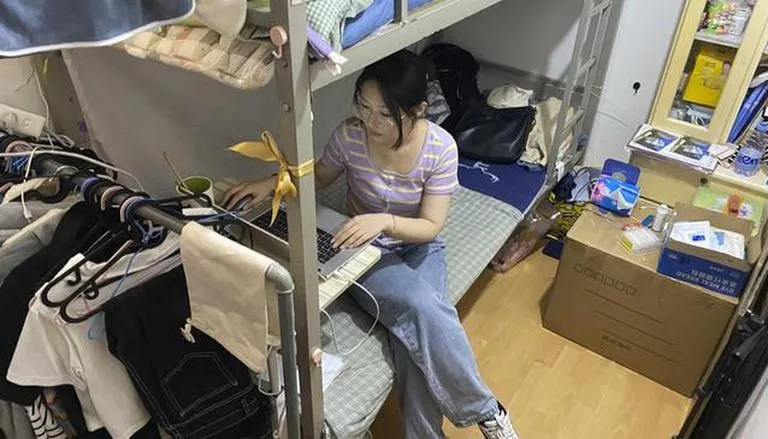Youth in China struggling to form ‘Social Phobia’ Becomes New Trend In China As Youth Struggle To Form Connections
According to a recent survey by China Youth Daily, more than 60 percent of young people in China struggle with socialising, particularly when meeting people offline. The survey, which interviewed 2,000 individuals between the ages of 18 and 35, found that 64 percent feel “stuck” or freeze up during social interactions. Of those surveyed, 27 percent reported difficulty with offline social activities, 17 percent with online socialising, and 20 percent with both online and offline interactions. Only 30 percent reported no difficulties making social contacts, with no information provided about the remaining 7 percent. The survey sheds light on the challenges faced by young people in China in establishing social connections.
“Shekong,” a term that translates to “social phobia,” has gained popularity among young Chinese netizens, many of whom express their fear of socialising in real life. According to a report from South China Morning Post, Liu Jin, a university graduate from Wuhan, in central Hubei province, revealed that he doesn’t enjoy interacting with new people and avoids initiating conversation. He said, “When meeting with strangers, I usually will not take the initiative to speak. I just respond passively.” The survey also showed that 40% of respondents try to avoid socialising, 30% do not, and the remaining 30% said it depended on the situation.
60 percent of individuals who avoid social contact cited discomfort with events that have set goals, while 50 percent said they are too stressed from work or life to have energy for socialising. Other reasons include a lack of social experience or negative memories of past social events. Guan Jian, a social psychology professor at Nankai University, explained that in the past, social networks were built through social activities such as visiting friends or relatives and participating in ritual events, these networks were relied upon when people faced difficulties in life. However, modern society has changed with the rise of technology and apps, which offer convenient services without needing people to rely on their social networks.

